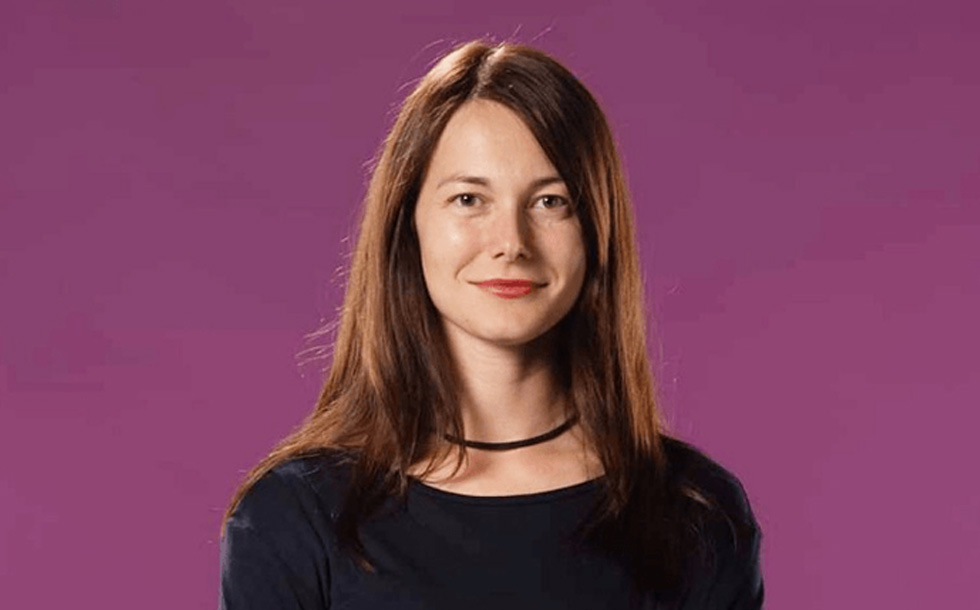Based on insights from William Bao Bean, Managing General Partner, Orbit Startups from an interview at SuperWorld Summit: WHY WE BUILD with Hrish Lotlikar, Co-Founder & CEO, SuperWorld
The world economy is undergoing a fundamental restructuring, driven by technological breakthroughs, shifting geographic power centers, and new models of cross-border collaboration including the four major forces reshaping how business gets done globally.
AI Is Creating Winners and Losers—But Not Where You’d Expect
William sees AI’s impact through a social stratification lens that challenges conventional wisdom about technological progress. “People at the top, their lives are gonna get markedly better. The people in the middle are gonna have challenges because the way they currently make a living will have to change or will disappear. And then the people at the bottom, they’re going to be able to leverage this technology to massively improve their quality of life.”
This isn’t abstract theory—it’s playing out in Orbit’s portfolio. VideoVerse (Orbit 2020), an Indian company, exemplifies how infrastructure constraints can become competitive advantages. Facing limited power, compute, and broadband compared to Chinese competitors, they engineered AI video editing solutions that work on content owners’ servers without transferring massive video files.
They achieved something their better-resourced competitors couldn’t: real-time sports highlight editing. Today, VideoVerse works with Bundesliga, Champions League, English Premier League, Wimbledon, the Olympics, NFL, and FIFA. The constraint forced innovation that created superior capabilities.
Efficient engineering matters more than resource abundance. As William notes about AI costs: “How many calories does OpenAI take to make a decision? And humans are a lot cheaper. So how you engineer the solutions and how you leverage the technology becomes pretty important.”
The Middle East: From Oil Economy to Innovation Hub
William’s expansion into the Middle East wasn’t planned—it was demand-driven. “We ended up in the Middle East because we helped our companies from around the world open up the market there,” he explains. What started as helping portfolio companies expand has become a significant regional presence, with 50+ portfolio companies now active in the Middle East, though 40+ originally started elsewhere.
The transformation reflects government-driven economic diversification. “You have got a number of governments that are very focused on economic development and in order to do that they need to open up and educate their workforce and they need to open up their borders to international talent.”
The Middle East presents the same digitization opportunities William sees across emerging markets: “access to education, digitizing healthcare, basically taking these traditional industries and using tech to transform.” But with crucial differences—government backing, capital availability, and strategic economic development mandates create acceleration opportunities not available in other emerging markets.
This government-startup collaboration model represents a new paradigm where sovereign wealth meets venture capital, creating rapid scaling opportunities for proven solutions.
Cross-Border Innovation Is Becoming Frictionless
William argues that traditional geographic constraints on innovation are dissolving. “Barriers to going cross-border have come down. Before you had these centers of power, whether it be Beijing, Silicon Valley and the capital was there, the talent was there but technology has really broken that down.”
Boost Capital (Orbit 2022) demonstrates this new reality. Starting in Cambodia to digitize loan processes through WhatsApp and Facebook Messenger—platforms farmers and small shop owners already use—they integrated with traditional bank backends while meeting customers on familiar digital platforms. The model proved so effective they expanded from 10 Cambodian banks in 2023 to 58 financial institutions across seven countries today.
The success factors William identifies are now globally available: “Things like payment have been generally solved. So it was a little expensive, but generally solved. So a lot of that infrastructure is there.” Language barriers are disappearing through translation technology, and communication tools enable stateless interaction.
PricePally (Orbit 2021) in Nigeria exemplifies cross-border model adaptation. Running an Alibaba-style community commerce model, they use local agents to coordinate bulk deliveries, cutting food costs by 25-30% for households. In communities where families spend 30-60% of income on food, this frees up 10-15% of household income for education and healthcare.
The model works because the underlying problem—inefficient distribution—exists globally, but the solution is adapted to local infrastructure and social patterns.
Venture Capital Is Becoming Service-Oriented
William positions Orbit as fundamentally different from traditional VC models: “We look at ourselves as service providers, we’re almost like consultants that only make money if the founders make money.”
This philosophy drives practical focus: “One of the things that is most important about this is helping our companies get sales, helping them get revenue. The founders are very clear, if you ask them what they want, they don’t really care how many social followers their VC has but what they do care about is cash. Investment is great but it’s dilutive. The best cash is revenue.”
Orbit’s geographic expansion pattern reflects this approach. “We started in Asia and you can say we just kept on moving west—Southeast Asia, South Asia, Africa, Middle East and now we are also investing in Latin America.” Each expansion followed portfolio company success rather than predetermined geographic strategy.
This service-oriented model addresses a fundamental shift in venture capital’s role. Traditional VCs organizing by geography made sense when capital and talent were geographically concentrated. But as William notes, “technology has really broken that down, so it’s actually a lot easier to go cross-border, it’s a lot easier to go into multiple markets.”
The New Innovation Geography
These forces combine to create what William calls “cross-border innovation arbitrage”—identifying solutions that work in one market and adapting them to solve similar problems elsewhere. The approach recognizes that “if you have an emerging market problem, it has to bring an emerging market solution. Trying to take a Western European or American solution to a problem in Africa oftentimes is not going to work.”
But the reverse proves increasingly true: emerging market solutions often outperform developed market alternatives when addressing universal problems. VideoVerse’s real-time editing, Boost Capital’s mobile-first financial services, and PricePally’s community commerce all demonstrate superior approaches that scale globally.
The implications extend beyond individual companies to systemic change. As William observes about communication technology: “From protests to elections to social media, communication is not just country by country, it’s stateless and increasingly because of technology, language doesn’t even matter either because you can understand what everybody is saying.”
We’re witnessing the emergence of a truly global innovation ecosystem where the best solutions can originate anywhere and scale everywhere—limited more by execution capability than geographic constraints. The winners will be those who, like William’s portfolio companies, solve real problems efficiently while building bridges across markets, technologies, and cultures.





